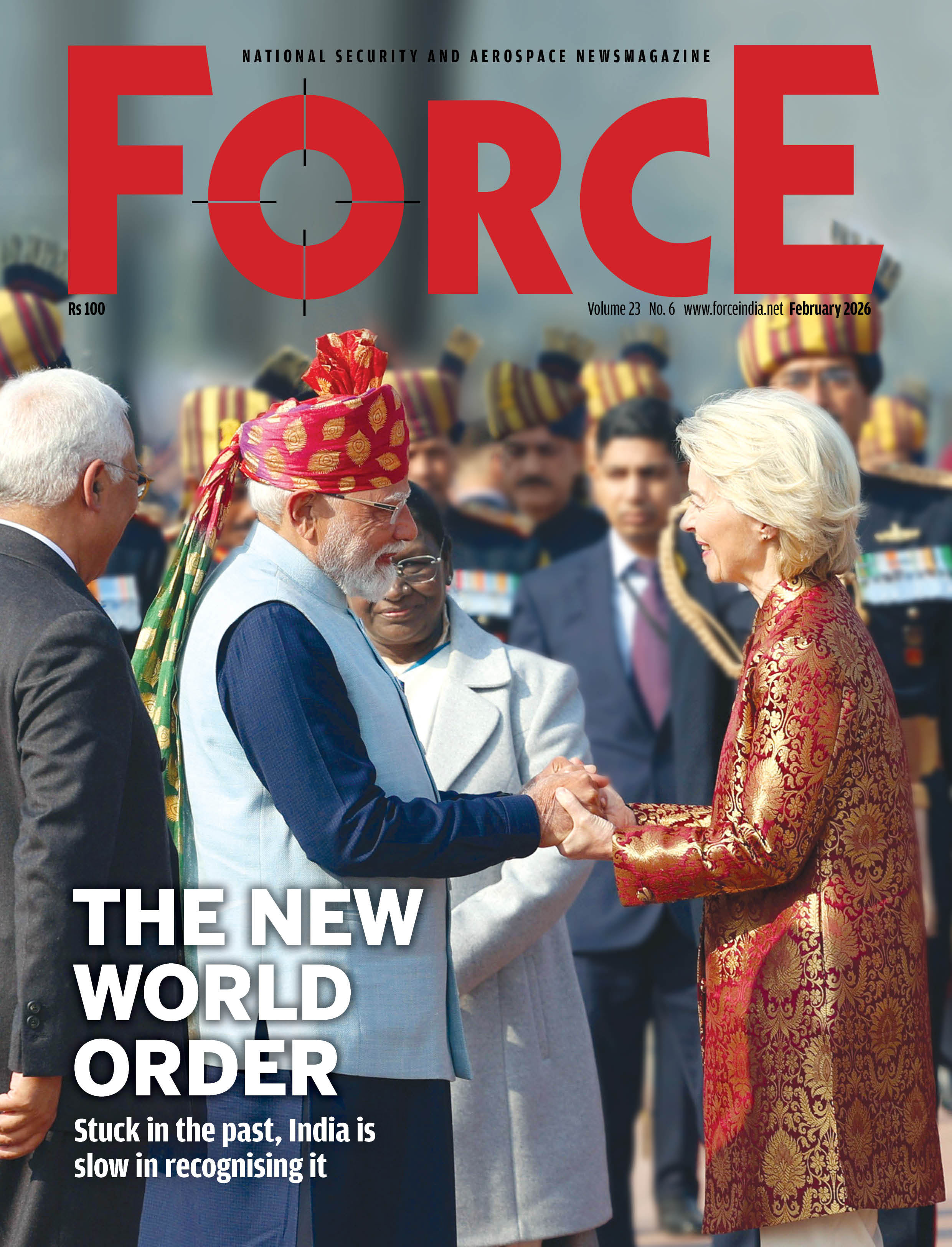Shifting Sands
 Pranay Shome
Pranay Shome
Homeland. The idea of a home appeals to every single human being on the planet as the most personal and serene entity that can be thought of. Nationalism, as a force, has had a deeply anecdotal experience for its torchbearers across various societies. There are far more nations than there are states. Nationalism alone doesn’t result in the formation of a state of their own.
Kurdish nationalism is one such entity. The Kurdish people or Kurds are an ethno-cultural community, numbering around 40 million scattered across the countries of Iraq, Iran, Turkey, Syria etc. Their history of self-determination demand dates back to World War I when Kurdistan was a part of the imperial Ottoman Empire. The Allied Powers, particularly Britain, promised them an independent homeland of their own in exchange for rebellion against Turkey. While the Kurds did as they were asked, they were stabbed in the back because the Allied Powers, via various treaties, vivisected the Ottoman Empire into different parts, thereby dividing the Kurdish nation into a disjointed entity.
However, the embers of nationalism continued to remain alive and acquired momentum during the Cold War period, particularly in the Eighties when the Kurdistan Workers Party (PKK), in response to the demand for a separate homeland of their own, launched a violent insurgency cum terrorist campaign against the Turkish state in 1984. The insurgency has, over the years, claimed hundreds and thousands of lives and has spilled over into the neighbouring countries in the region.
However, a recent announcement has brought about a tectonic
Subscribe To Force
Fuel Fearless Journalism with Your Yearly Subscription
SUBSCRIBE NOW
We don’t tell you how to do your job…
But we put the environment in which you do your job in perspective, so that when you step out you do so with the complete picture.








 VIDEO
VIDEO